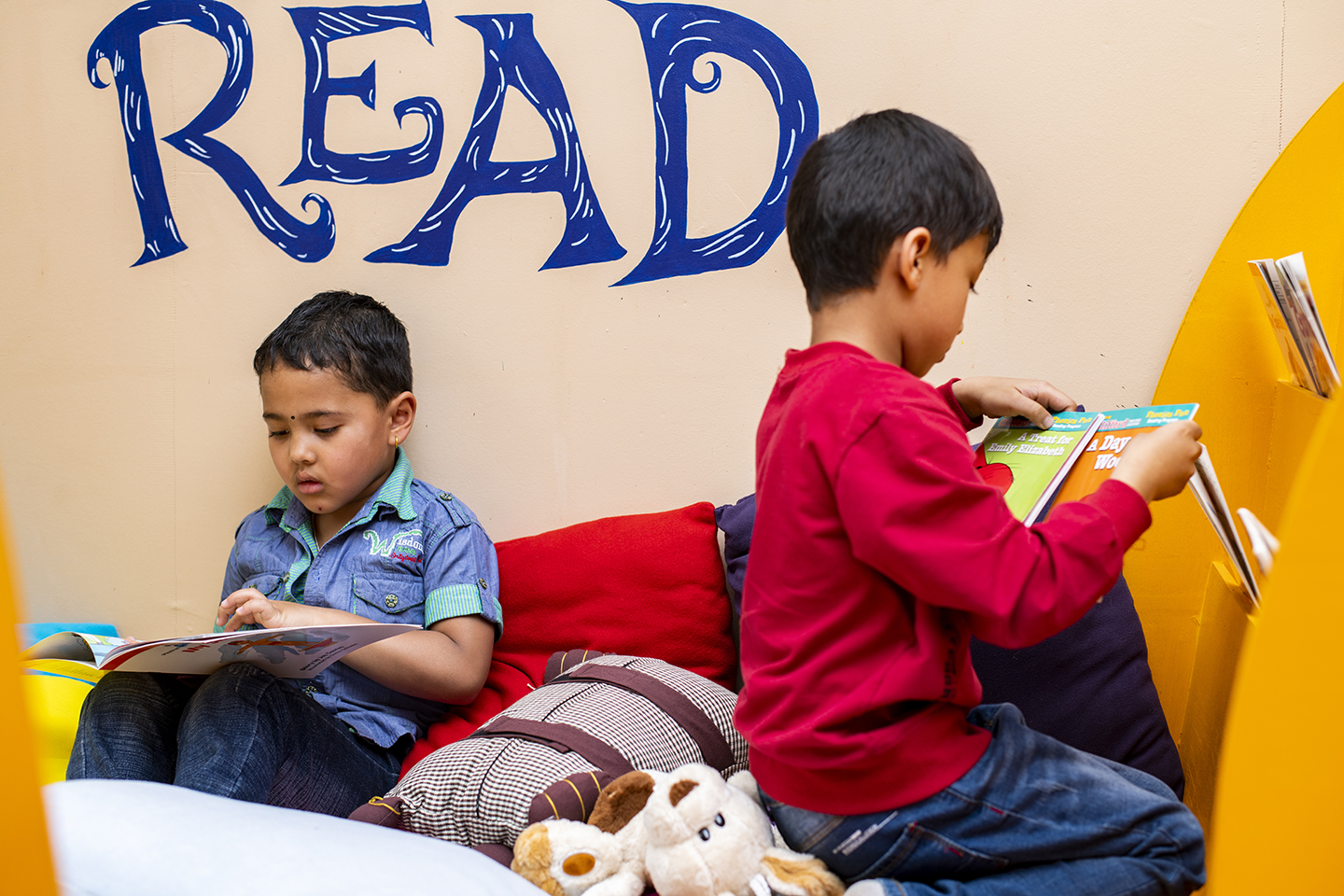The First Step towards Safe and Impactful Education

A preschool is the first step taken toward the acquisition of formal education. Education does not have to be confined within the boundary of theoretical knowledge, which is why Dr. Maria Montessori, who understood the needs of children and parents, introduced teaching in a playful way.
Dr. Maria Montesssori is the pioneer who initiated this big step. A preschool is a place where children are not just taught alphabets and numbers but so much more than that. Especially in the context of Nepal, where education seems to be a herculean task, one can only imagine what a child from 3-5 years of age needs to go through. So in order to set the base from a very tender age, preschools need to make sure that the children are forming a solid foundation of education (understanding) with clear concepts. In this article, we will be telling you the steps that should be taken toward making preschools a safe environment for learning and understanding.
Freedom within limits: In a preschool, a child should know that he/she has the total freedom to do anything he/she wants BUT within some limits. This is why a “green mat” is very important in preschools. Students learn to use various materials on that mat.
Value others/gratitude: Since these are the growing years of children, they need to know how to value their own belongings and those of people around them. They should be taught how to be grateful for everything they have, such as the food they eat, the clothes they wear, and it can be the smallest of things.
Sharing and caring: Students seem to enjoy every material they play with but they should be willing to share everything that they are provided with. They should learn these values from a tender age of 2-3 years.
Respecting them and teaching them to respect others: Respecting others is a crucial thing that shows the sign of an educated person. No wonder why we should teach our little ones to respect others. But the most important part is also to respect them. Loving them is on one side but respecting them is what will shape their character.
Equality: In a preschool, many students from different background with different personality come. But students should not have a feeling of disparity among them. This feeling can be detrimental to their little minds.
Practical understanding of almost everything: In preschools, the education system should not only focus on the theoretical knowledge but in fact should also focus on practical understanding of almost everything. Whatever the students learn in classroom should be linked to the outer world they live in.
Learning is not a competition: And the most important of all, they should not feel that learning or gaining knowledge is some kind of race where they need to outrun each other. They should have a feeling of being the best version of themselves but not by ‘competing’ with their friends. This is why preschools should not have ranking system on the basis of children’s academics. They all are unique!
Parents leave a part of them in preschools with a hope of seeing their child growing into a responsible, learned human being with character. So everyone involved in this business should be dedicated toward making those little minds creative and knowledgeable with the tips mentioned above.


